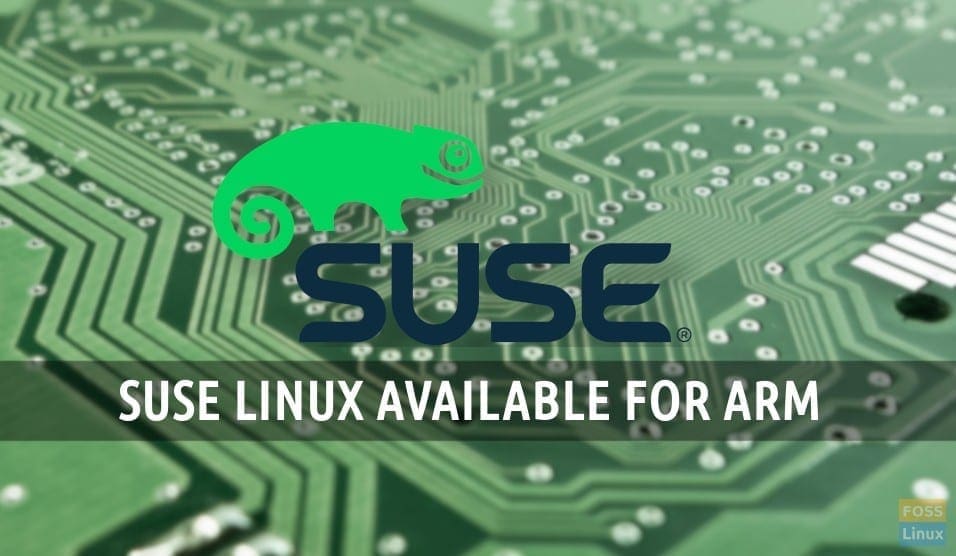SUSE has announced the final release of the SUSE Linux Enterprise Server for Arm recently. SUSE has been working for a long time on this release, which has been available only for partners and now makes its debut for all customers.
“Previously, SUSE subscriptions for the Arm hardware platforms were only available to SUSE Partners due to the relative immaturity of the Arm server platform “, says Jay Kruemcke, on SUSE’s corporative blog.
This release not only makes SUSE available both for small factor industrial systems and developer boards like Raspberry Pi but also on High-Performance servers like HPE Apollo 70.
With this release, SUSE catches its main competitors, RedHat, and Canonical, who were offering support for ARM platforms on their operating systems. The main difference in SUSE’s for ARM licensing comparing with the current SLES for x86 systems is it comes with the diversity of SoCs available on ARM ecosystems. For these systems, SUSE is offering a hybrid licensing scheme between cores and sockets.
If you want to try how SUSE behaves in ARM equipment without the licenses, you can
always test the Community version of SUSE: openSUSE which announced the support
to ARM architectures in the release “Leap 15”.
openSUSE supports a comprehensive list of ARM devices, including amongst others Raspberry Pi
3, Pine64, ThunderX, APM Mustang, AMD Seattle, and HP Moonshot. For more
details on supported ARM devices, you can check out the official wiki page.
The most anticipated features of SUSE for ARM include:
- Optimization for ARM devices including full support for AArch64
Architecture. - Common Criteria EAL4+ compatibility certification for hardened security
- High-scale performance allowing up to 256 threads per processor.
- Built-in Ceph client enablement to deliver Arm-based software-defined storage
solutions - Support for Arm System-on-a-Chip (SoC) specific features to develop
solutions that include crypto accelerators for selected Arm-based security
processor solutions
With this release, ARM makes a big stand on the corporate segment and proves it’s on
the roadmap for Linux big players, making ARM an exciting option not only for IoT
but also for high-density computing.
The core reason for this is that a 64-bit ARM-powered microserver has a thermal design power (TDP) between 10 and 45 watts. By comparison, a conventional x86 server eats up more than 90 watts. This is pushing all major Linux companies and Server manufacturers to invest in this platform.

